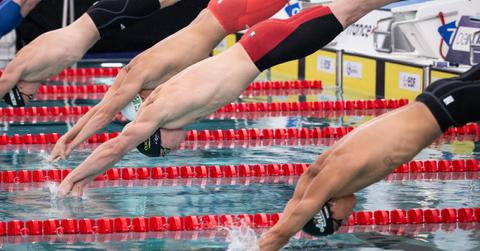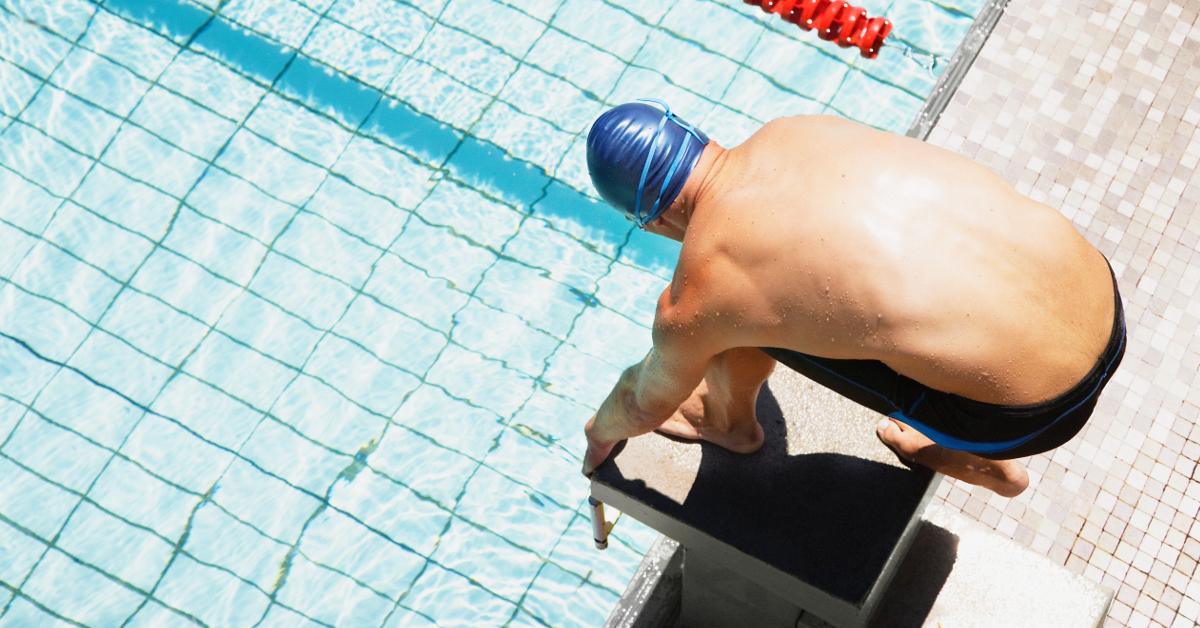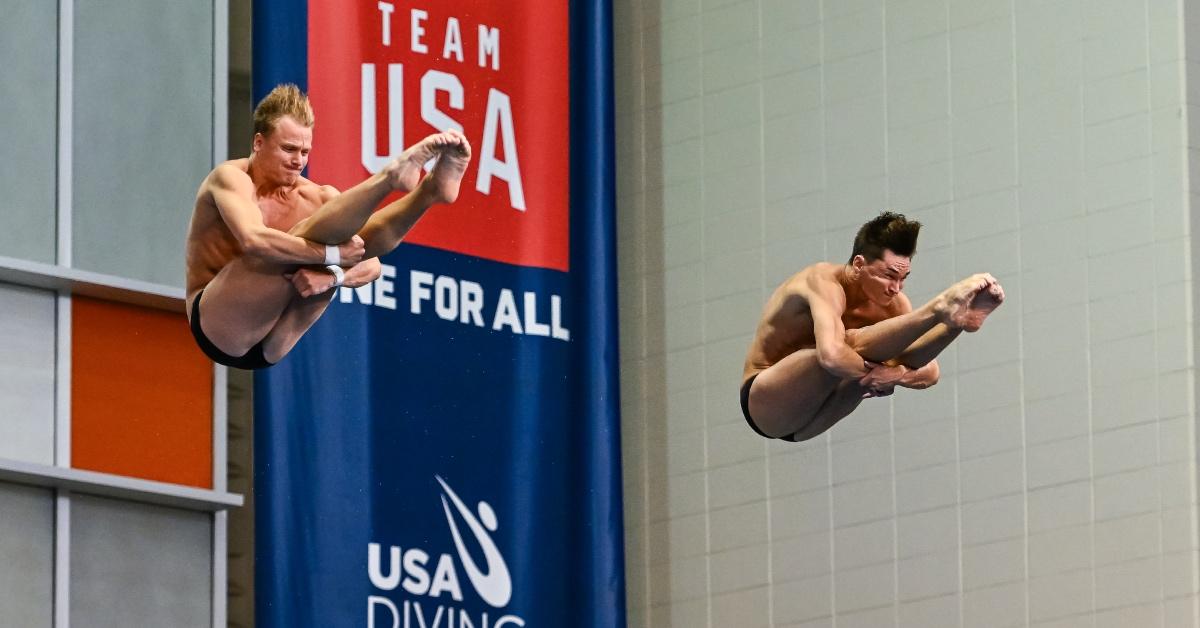There's a Very Good Reason For Why Divers Shower After Each Dive
Ever hear of cramps? Yeah? Ever hear of them happening because of rapid temperature changes?
Updated June 21 2024, 11:44 a.m. ET

If you want to truly pursue mastering anything, then you're going to need to enjoy tedium. You'll have to relish in keeping up your enthusiasm in even the most boring, repetitive of circumstances and not overlook the minutiae, because it's the minutiae where all of the next-level greatness lies.
And if you ever asked yourself, "Why do divers shower between dives?" it's for this exact reason: to stay competitive.
Athletes in competitive sports often do things that may seem mysterious but serve crucial purposes. Here, we reveal the important reason why divers shower between dives.

Why do divers go under the shower between dives?
Ever hear of cramps? Yeah? Ever hear of them happening because of rapid temperature changes? Well, that's exactly why divers always rush off to showers and hot tubs: It can help their muscles stay warmed up, loose, and limber so they can contort appropriately and pull off the best dives of their lives, according to Time.
But both showers and hot tubs provide different functions for divers.
Constantly changing temperatures while pulling off gravity-defying dives in various water temperatures can lead to cramps and muscle spasms, and pushing through that while in the throes of top competition could lead to serious injury.
A hot tub is generally used if you have a bit more time to take between dives and have already stretched.
Hot showers can obviously have more room for divers, plus if competitors want to get fully stretched or are heading up to the diving board more quickly, then that's the option an athlete will probably take before attempting another triple kickflip McTwist to a Christ Air.

There are some other reasons why divers take showers after each dive.
A Reddit thread posted around the time of the 2016 Summer Olympic Games provided the "warm up" routines of both divers and other athletes along with the reasoning behind them.
Another impetus for showering between dives is to rid the body of pool chemicals.
Sure, it might seem like a lost cause given all of the time that divers spend getting in and out of a pool, but that's exactly the point: Who wants to keep that chlorine and stuff on their skin longer than they have to?
Also, while diving competitions or highlights on TV tend to show a pretty rapid pace for the action, the downtime in between dives varies, as anything can happen during a meet.
So it's that tediousness of making sure you're primed and ready to explode, keeping your head in the game while not blowing yourself out before you actually need to perform at your best. For some gymnasts, keeping blood flow in their hands is really important, which is why they'll wear gloves before chalking up their palms and heading to that horse, or parallel bars, or rings.
And if you're wondering what Olympians do in between training for their matches, gold and silver medalist rower Xeno Muller gave a very candid answer on Quora: "During the Olympics I did nothing but hang out and stay away from competition and people. We usually rented private homes."
He continued, "I never stayed at the Olympic village, partially due to the fact that the rowing venues were usually one hour bus travel away. That is valuable time wasted. Rowing is held over the first entire week of the Olympics, not just one day for some other athletes. The second week I usually left because I wanted to go home to decompress with my family."
Xeno further explained, "We also never attended the opening ceremony, to avoid getting sick and breaking down our sleeping pattern. Mahe Drysdale lost his gold medal due to an intestinal bug that he may have collected when he walked the NZ flag into the stadium in China four years ago."
Basically he did what all of the world's most successful top athletes do: everything he could to keep his head in the game, while also focusing on whatever enjoyment he had (with his family) to not get jaded.